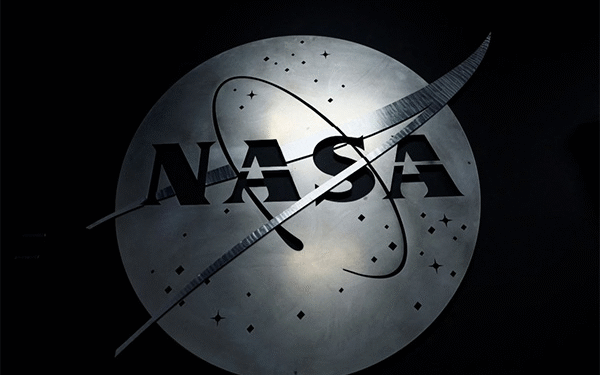In a significant blow to the U.S. space agency, NASA is set to lose over 2,100 senior employees due to proposed budget cuts under the Trump administration, according to recent reports. The reductions, which target highly experienced staff, could impact critical space missions and weaken NASA’s ability to lead in space exploration.
The proposed cuts are part of a broader push to reduce federal spending, with NASA’s budget for 2026 potentially facing a 25% reduction, dropping from $24.8 billion to around $18.8 billion. This would affect key programs, including lunar missions like Artemis and plans for Mars exploration. Many of the departing employees hold senior-level positions (GS-13 to GS-15), with specialized skills in science, engineering, and human spaceflight. The agency is offering early retirement, buyouts, and deferred resignations to manage the staff reduction.
Experts warn that losing such a large number of skilled professionals—about 11% of NASA’s 18,000-strong workforce—could disrupt ongoing projects and harm the agency’s long-term goals. “These senior-level roles are critical to NASA’s mission,” said Casey Dreier, chief of space policy at The Planetary Society. “Their departure risks decades of expertise walking out the door.”
The budget cuts have sparked concern among former NASA leaders, with seven ex-science chiefs urging Congress to reject the proposed reductions, calling them a threat to U.S. leadership in space. The cuts would hit NASA’s science programs hardest, potentially canceling dozens of research initiatives and delaying missions like the Mars Sample Return.
Adding to the uncertainty, NASA remains without a permanent administrator after the withdrawal of Jared Isaacman’s nomination, a decision linked to tensions between President Trump and Elon Musk. Transportation Secretary Sean Duffy has been appointed as interim NASA chief, but the agency’s future direction remains unclear.
As the U.S. faces these challenges, China’s space program is expanding rapidly, raising fears that America could lose its edge in the global space race. Congress may still intervene to restore funding, but for now, NASA is bracing for a turbulent period that could reshape its workforce and priorities.




































